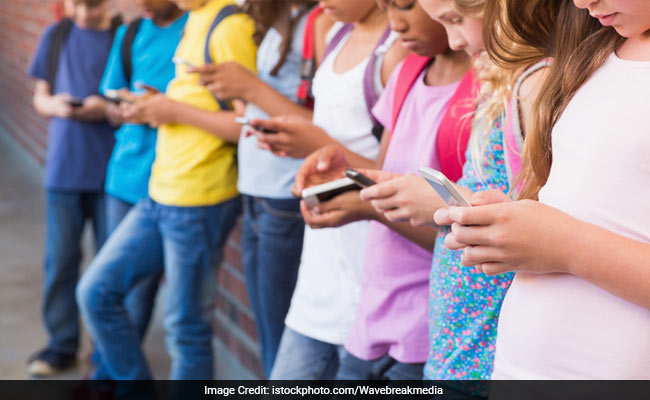A recent study has stated that the artificial light which our smartphones emit can reduce the quantity and quality of our sleep.

Your phone is ruining your sleep
HIGHLIGHTS
- This artificial light in our phone activates the photo-receptors
- Melatonin is suppressed, which helps our body to sleep
- By using blue blocking glasses we can improve sleep
"The most important takeaway is that blue light at night time really does decrease sleep quality. Sleep is very important for the regeneration of many functions in our body," said Lisa Ostrin, assistant professor at University of Houston in the US.
In the above mentioned study, participants aged between 17 and 42 were given short wavelength blocking glasses, which they had to wear at least three hours before their bedtime and while using their gadgets. The corresponding results sh)owed a 58 percent increase in the melatonin levels.
"Those levels are even higher than increases from over- the-counter melatonin supplements," said Ostrin, who led the study published in Ophthalmic & Physiological Optics.
The participants also reported that the sleep quality was much better. They fell asleep faster than before and their sleep increased by almost half an hour. The best way to fight this is a Digital Detox, stay away from gadgets for some time. Avoid unnecessary usage and do not replace human touch with the mechanical touch. Use such devices which protect you from the harmful rays of your electronic gadgets.
"By using blue blocking glasses we are decreasing input to the photoreceptors, so we can improve sleep and still continue to use our devices. That is nice, because we can still be productive at night," Ostrin added.
(With inputs from PTI)
DoctorNDTV is the one stop site for all your health needs providing the most credible health information, health news and tips with expert advice on healthy living, diet plans, informative videos etc. You can get the most relevant and accurate info you need about health problems like diabetes, cancer, pregnancy, HIV and AIDS, weight loss and many other lifestyle diseases. We have a panel of over 350 experts who help us develop content by giving their valuable inputs and bringing to us the latest in the world of healthcare.












